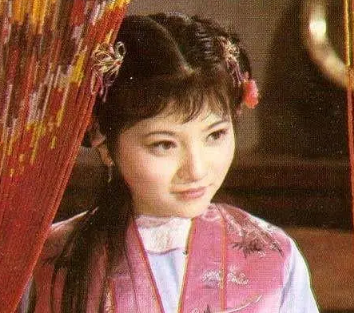As an important dynasty in Chinese history, the Song Dynasty experienced significant military, economic, and cultural developments. However, despite this era of prosperity, the Song Dynasty was not renowned for horse breeding, forming a stark contrast with the horse-riding and archery cultures of the northern dynasties such as the Liao, Jin, and Yuan. Why didn't the Song Dynasty breed horses? The answer to this question involves various aspects, including geographical environment, political decisions, economic considerations, and technological factors. This article will explore the reasons why the Song Dynasty did not breed horses and their impact on later generations.

Firstly, the geographical environment is a fundamental factor. Although the Song Dynasty originated in the north, it soon shifted to the south due to pressure from the Liao Dynasty. The southern region, with its mountainous and watery terrain and humid climate, is not as suitable for horse breeding as the northern plains. Horses are prone to illness in such an environment and difficult to breed quickly. Therefore, from the perspective of the natural environment, the Song Dynasty did not have the conditions for large-scale horse breeding.
Secondly, political decisions also influenced the Song Dynasty's horse breeding policies. Emperor Taizu Zhao Kuangyin, in order to prevent military generals from amassing power, adopted a policy of "suppressing martial arts and promoting literature," weakening the status of the military, especially the cavalry. In addition, the Song government restricted private armed forces to maintain social stability, indirectly limiting private horse breeding activities.
Economic considerations were also a significant factor. During the Song Dynasty, due to the prosperity of commerce and the development of handicrafts, the economic structure changed. Compared to horse breeding, the Song Dynasty focused more on the development of agriculture, the cultivation of economic crops, and foreign trade. These activities brought substantial fiscal revenue to the Song Dynasty, making the government more inclined to invest in these areas rather than horse breeding.
Technological factors also cannot be ignored. Although the Song Dynasty made some innovations in weaponry, there were no significant breakthroughs in cavalry equipment and horse breeding technology. The lack of high-quality horses and advanced riding skills put the Song Dynasty at a disadvantage in conflicts with northern nations.
Finally, the Song Dynasty's horse breeding policies had a profound impact on its military strength. Due to the lack of a powerful cavalry force, the Song Dynasty suffered repeated defeats in wars against the Liao, Jin, and Yuan dynasties, ultimately leading to the country's downfall. This historical lesson reminds later generations that a balanced development of military strength is crucial for a country's security and stability.
In summary, the reasons why the Song Dynasty did not breed horses were multifaceted, including geographical constraints, the influence of political decisions, the transformation of the economic structure, and technological limitations. These factors combined to result in the Song Dynasty's weakness in horse breeding, which in turn affected its military strength and national destiny. For us today, the historical experience of the Song Dynasty still holds important lessons and insights.
Disclaimer: The above content is sourced from the internet and the copyright belongs to the original author. If there is any infringement of your original copyright, please inform us and we will delete the relevant content as soon as possible.
































